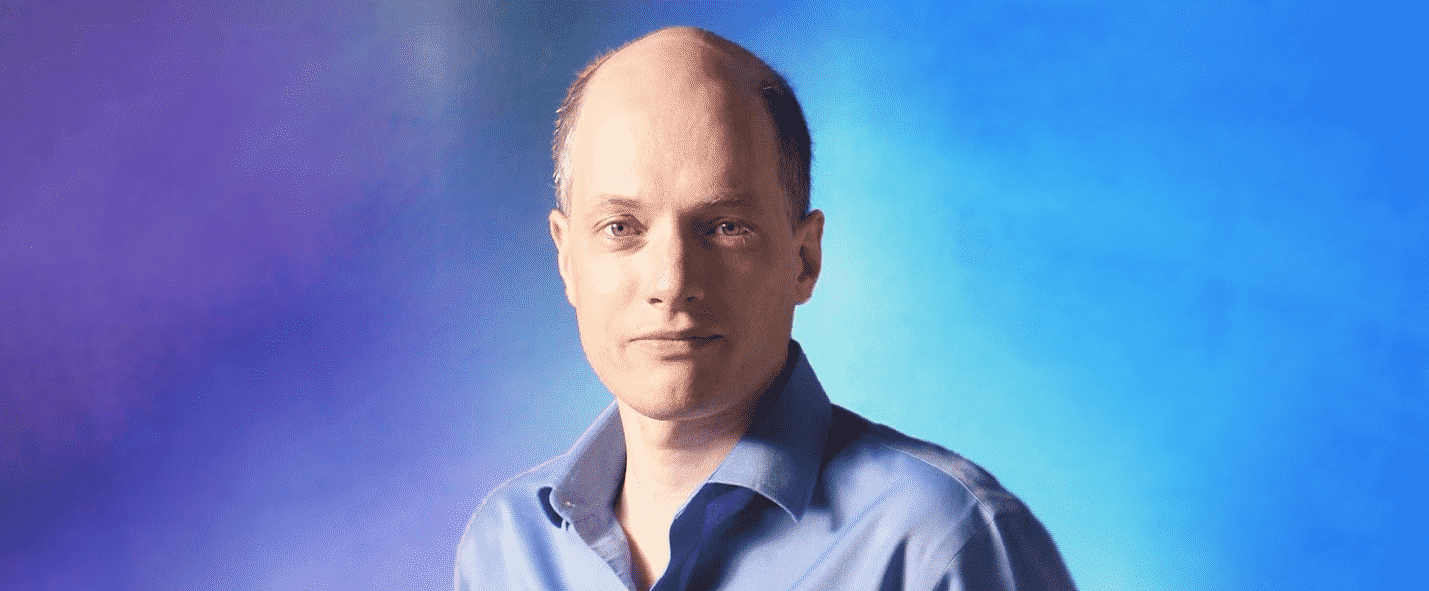Jon Brooks • • 5 min read
50 Aphorisms from Alain de Botton That Reveal Harsh Truths About Human Nature

Some of the greatest philosophy books ever created were formed from nothing but a numbered list of succinctly written insights — maxims or aphorisms: pithy observations containing a general truth about life.
Such classics include Marcus Aurelius’ Meditations, Lao Tzu’s Tao Te Ching, François de La Rochefoucauld’s Maxims, and most of Friedrich Nietzsche’s and Arthur Schopenhauer’s masterpieces.
Alain de Botton is a modern-day curator, translator, and torch carrier of ancient and neglected ideas, and is bringing the aphorism back to life. Following in the footsteps of philosophers such as Aristotle, who founded “The Lyceum,” and Plato, who began “The Academy,” De Botton has created The School of Life, a multi-continental classroom devoted to developing emotional intelligence through the guidance of philosophy.
Alain is most famous for his best-selling philosophy books on such diverse topics as The News, Status Anxiety, Architecture, Work, Art, and Love. But many now recognize him from Twitter, which he uses primarily to drop aphoristic wisdom-bombs to his 640K followers.
Below you will find 50 Alain de Botton quotes taken from his Twitter and books alike. As you read you’ll see that living a happy life, according to Alain, is less about chasing pleasure and more about mitigating despair and replacing it with hope and consolation.
Share with us what aphorism resonates with you the most in the comments at the end of the post.
“There is no such thing as work-life balance. Everything worth fighting for unbalances your life.”
“You normally have to be bashed about a bit by life to see the point of daffodils, sunsets and uneventful nice days.”
“There’s a whole category of people who miss out by not allowing themselves to be weird enough.”
“Don’t despair: despair suggests you are in total control and know what is coming. You don’t – surrender to events with hope.”
“One’s doing well if age improves even slightly one’s capacity to hold on to that vital truism: ‘This too shall pass.'”
“Anxiety is the handmaiden of contemporary ambition.”
“There may be significant things to learn about people by looking at what annoys them most.”
“Being content is perhaps no less easy than playing the violin well: and requires no less practice.”
“Dreams reveal we never quite get ‘over’ anything: it’s all still in there somewhere.”
“If one felt successful, there’d be so little incentive to be successful.”
“A notorious inability to express emotions makes human beings the only animals capable of suicide.”
“The sole cause of a man’s unhappiness is that he does not know how to stay quietly in his room.”
“Judged against eternity, how little of what agitates us makes any difference.”
“It is in dialogue with pain that many beautiful things acquire their value.”
“Though it may feel otherwise, enjoying life is no more dangerous than apprehending it with continuous anxiety and gloom.”
“To appreciate life’s small moments, it helps to have a sense the whole can never be made perfect.”
“As victims of hurt, we frequently don’t bring up what ails us, because so many wounds look absurd in the light of day.”
“Failure is becoming someone who needs others to fail.”
“Adulthood involves learning to conclusively bury a great many of our hopes.”
“Nothing satisfies the man who is not satisfied with a little.”
“Being snappy is a symptom of an argument we forgot to have some way back.”
“If you wish to put off all worry, assume that what you fear may happen is certainly going to happen.”
“Importance of the random: keep brushing up against people, books, experiences we don’t yet know what to do with.”
“It isn’t normal to know what we want. It is a rare and difficult psychological achievement.”
“How we feel about ‘the nature of existence’ is largely determined by what we have to do in the next few hours.”
“Insomnia is his mind’s revenge for all the tricky thoughts he has carefully avoided during the daylight hours.”
“The man who shouts every time he loses his house keys is betraying a beautiful but rash faith in a universe in which keys never go astray.”
“Of all the things that wisdom provides to help one live one’s entire life in happiness, the greatest by far is the possession of friendship.”
“We start trying to be wise when we realize that we are not born knowing how to live, but that life is a skill that has to be acquired.”
“It is striking how much more seriously we are likely to be taken after we have been dead a few centuries.”
“It is easy to get upset about the deteriorating state of one’s body, but there are other ways to excel and impress than via one’s legs.”
“Work begins when the fear of doing nothing at all finally trumps the terror of doing it badly.”
“What we find beautiful and what we see as attractive are indicators of what we crave in order to become properly ‘whole’.”
“The whole art of living is to make use of the individuals through whom we suffer.”
“Not everything which makes us feel better is good for us. Not everything which hurts may be bad.”
“Rather than struggling to become bigger fish, we might concentrate our energies on finding smaller ponds or smaller species to swim with, so our own size will trouble us less.”
“If you want to turn a stranger into a friend, try telling them some of the ways in which you’ve failed.”
“Anxiety is insight that we haven’t yet found a productive use for.”
“The constant challenge of modern relationships: how to prove more interesting than the other’s smartphone.”
“It takes a serious lack of imagination to have an entirely clean conscience.”
“We mostly lose our tempers not with those who are actually to blame; but with those who love us enough to forgive us our foul moods.”
“You have to feel quite out of control in order to get controlling.”
“Hypochondria: an above-average imagination applied to the deeply improbable nature of being alive.”
“The difference between bitterness, confusion, nostalgia – and resilience is… a plan.”
“Change begins when the fear of not acting at all at last outstrips the paralysing fear of making a mistake.”
“For paranoia about ‘what other people think’ : remember that only some hate, a very few love – and almost all just don’t care.”
“The challenge for a human now is to be more interesting to another than his or her smartphone.”
“Everyone wants a better life: very few of us want to be better people.”
“A good half of the art of living is resilience.”
“Unhappiness can stem from having only one perspective to play with.”

Jon Brooks
Jon Brooks is a Stoicism teacher and, crucially, practitioner. His Stoic meditations have accumulated thousands of listens, and he has created his own Stoic training program for modern-day Stoics.


![Seneca’s Groundless Fears: 11 Stoic Principles for Overcoming Panic [Video]](/content/images/size/w600/wp-content/uploads/2020/04/seneca.png)







